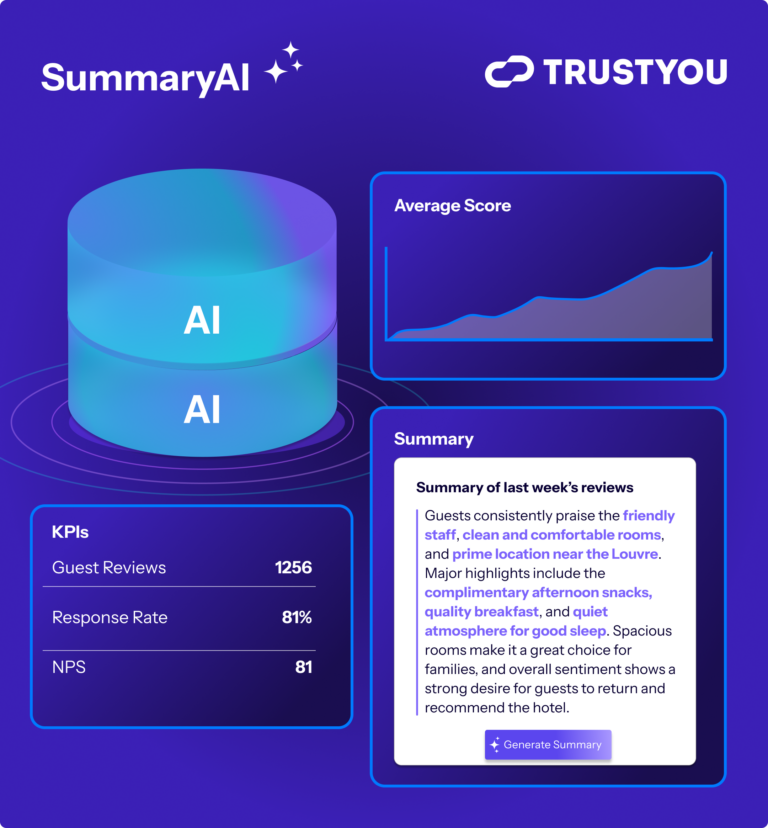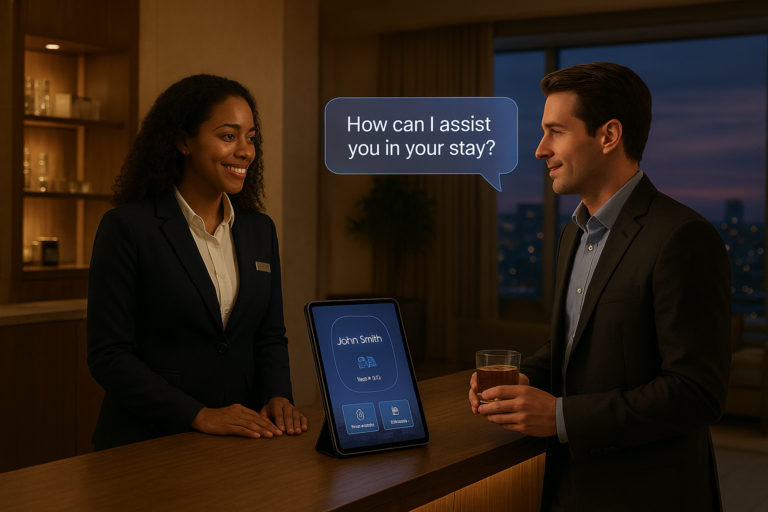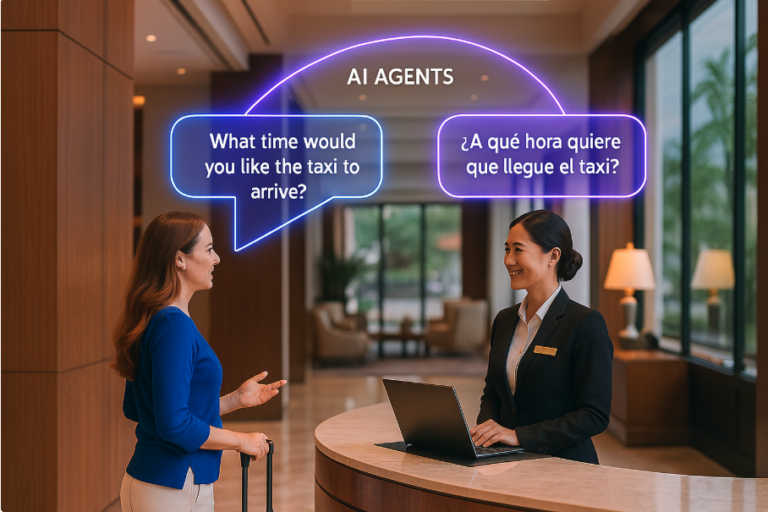Property management, customer relationship management, revenue management, reputation management, bookings management…software. These different kinds of software solutions all help hotels to guarantee a flawless booking experience, a pleasant on-site stay, and a positive online rating. Hundreds of established companies, as well as new start-ups, facilitate the hotel-guest-relations and want to become a part of a hotel’s tech stack. The ones that are most effective understand the technological requirements in a hotel ecosystem, and are using APIs to seamlessly connect their offerings to the day-to-day operations of their hotel partners.
So how can hotels utilize these API connections to work more efficiently and ultimately drive more bookings?
The Role of APIs at Hotels
In many cases, hotels will use APIs to connect the various systems that keep a hotel up and running (like the list I started above). For instance, many hotels will connect their data sources, like PMS, CRM or OTA. This can mean collecting data from a guest that booked using an OTA and using that data to remarket to that guest after their stay. If this data sharing process is automated, there’s an excellent chance it’s using an API.
Even though API’s might seem complicated and for tech-savvy hoteliers, you might already use them without even knowing it. And what’s even better: you can actively use them to enhance the guest experience. We know that guests will often provide feedback about their hotel experiences. This can come from post-stay surveys, be found on various websites and message boards, or show up in the form of a tweet, review or Facebook post. Taken as individual pieces of information, or in the aggregate, this data can help hotels inform a variety of decisions. Does most feedback highlight friendly service? Perhaps hotel leadership should take a moment to praise the customer facing members of their teams. Is there a common thread that displays disappointment in the cleanliness of rooms? If so, perhaps it’s time to enact new cleaning procedures (or consider changes to the staff, including hiring more people to get the job done).
There is a variety of ways that hotels can gain access to this information. They can try to collect it on one-off basis or work with companies that offer solutions to connect to various networks or aggregate data. For the latter approach, there may be a multitude of APIs in use.
APIs Drive More Bookings
The most obvious use of an API in the travel industry is the connection between a hotel’s PMS to OTAs in order to allow bookings. Of course, there are other use cases. Many hotels are using APIs to create a pipeline of information that can be shared with their business partners (such as OTAs). For instance, a hotel that gathers post-stay guest feedback can then seamlessly send that information to the pages that their guests are viewing before they make a booking decision. Feedback is a powerful tool; more than 90% of booking decisions are informed by the online reviews that potential guests see.
Furthermore, hotels that solicit post-stay feedback can generally anticipate that the results of their surveys will be more positive than feedback that’s left online; scoring based on survey results tends to be around 10% higher than those based on general online feedback. Piping this information to booking engines and other partners allows hotels to put their best foot forward, and improve the chance of securing a guest’s visit.
APIs can be complex in nature, and for anyone outside of programmers, can be intimidating to consider. But make sure you check what possibilities you have within your tech stack and connect the dots. After all – it’s free!


